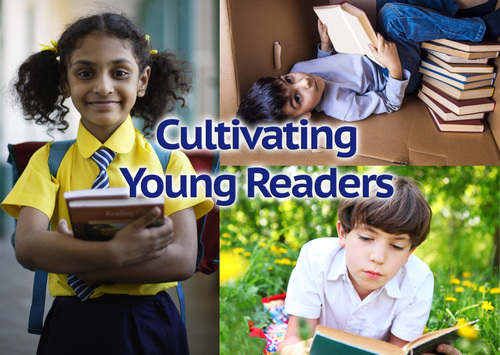
Summer is coming. Book lists are already online. Come un genitore, I was determined to cultivate a love of reading in my children. Reading is something I love to do and so I was committed to ensuring that my kids appreciate and understand the power of language to convey and express concepts. Language is the ultimate tool of humanity.
Il nostro Maestro globale blogger sono pionieri e innovatori in campi quali l'integrazione della tecnologia, matematica di coaching, studenti disabili, istruzione di scienza, e parità di genere. Essi hanno fondato scuole, programmi scritti, e le aule LED in 13 diversi paesi che si estendono in ogni continente popolato della terra. Questi insegnanti potenziare e arricchire la vita dei giovani provenienti da quasi ogni immaginabile sfondo.
Oggi in Il Global Ricerca per l'Educazione, la nostra Top Global Maestro blogger condividono le loro risposte alla domanda di questo mese: How do we do a better job of cultivating young readers?
Rashmi Kathuria (@rashkath) from India recommends a method used by Anita Chadha, a teacher of English at Kulachi Hansraj Model School. She asks her students “to dramatize a particular scene or situation they read in the story.” Rather than read silently or aloud one student at a time, she has her students read the story as if it were a play. “…to my wonderment I discovered young actors and actresses.” Inoltre, students are encouraged to write scripts and create dialogues in their own words. Reading becomes something active and enjoyable rather than boring and passive. Per saperne di più.
“We do not have a library at my school,” says teacher Dana Narvaisa (@dana_narvaisa) from Latvia, “but it has never been an excuse for us to avoid reading.” Dana notes that it is important to give students both a wide selection and chance to read during the school day. She says, “regular reading is essential and to make it a priority, we need to find time for it every day.” Per saperne di più.
Natacha Scott (@natacha_scott), Assistant Director of History and Social Studies for the Boston Public Schools, was recommended by Adam Steiner (steineredtech) questo mese. Natacha emphasizes that understanding the perspective and the experiences of students is key to choosing the right book. “Before the journey can begin, teachers must take the time to get to know their students. Truly understanding their background, domande, and interests will allow access points for establishing connections to different content.” Per saperne di più.
“Through language we control our lives,” notes Maarit Rossi (pathstomath) dalla Finlandia. “A man without words does not solve math problems, explicate his existence, let alone feelings.” E naturalmente, we learn language by reading. Questo mese, Maarit joins Finnish literacy teacher Jaana Lindfors and librarian Pia Rahikainen to follow their 7th graders book talk and find how they work together to keep literacy vibrant. Per saperne di più.
Elisa Guerra (@ElisaGuerraCruz) from Mexico cuts to the chase: “Let’s be straight,” fa notare. You will never turn a kid into a reader if he does not like to read. You might get him to read – just to make the grade, avoid punishment or elude embarrassment. He might try to trick you out of reading by making excuses, whining or cheating. As soon as he gets the chance, he will ESCAPE…….” If Elisa’s observations resonate with you what should you do? Per saperne di più.
“Cultivating Young Readers in Communities of Poverty” is the title of Nadia Lopez’ (@TheLopezEffect) inspiring blog on “getting children who struggle with phonics and comprehension to become excited about reading.” Tuttavia “with a little hope” e 10 key strategies, Mott Hall Bridges Academy is creating a culture of literacy. Per saperne di più.
“I was 19 when I completed Catcher in the Rye, my first full book,” says teacher Richard Wells (@EduWells) dalla Nuova Zelanda. Questo “unread college boy” brings a lot of personal experience and expertise to the challenge of cultivating the love of reading in his own classroom today. Don’t miss Richard’s 3 ideas for encouraging boy readers. Per saperne di più.
Shaelynn Farnsworth (@shfarnsworth), based in Conrad, Iowa, was recommended this month by our Blogger at Large Beth Holland (brholland). Shaelynn notes there is no “silver bullet” which will motivate every student to read and that it’s often a blend of different strategies. She believes that “a well-informed and observant teacher can focus their instruction and differentiate content to meet the needs of all students.” azioni Shaelynn 3 reading motivations to target for cultivating young readers: Interest, Dedication, and Confidence. Per saperne di più.
Parental involvement is absolutely critical, says Vicki Davis (coolcatteacher) da Camilla, Georgia. Vicki shares a wonderful story of how she ignited a love of reading with her own children. “I would yawn, stretch my arms, and say, you know what? I’m really tired. I would hear howls from the backseat…..Così, I would turn around and say…” Per saperne di più.
In Sierra Leone, Miriam Mason-Sesay (@EducAidSL) is creating a culture of story-telling by conveying reading as an adventure. Nessuno dei 17 different local languages in her country are traditionally written. This means that children do not grow up with books. Engagement with the written word has to be very carefully and methodically cultivated. “Success is pointed out and celebrated. Exciting books are read to the children and they are then encouraged to read them together in small groups on their own again later. The children use Inge Wilson’s ‘Tales Toolkit’ to tell each other exciting stories and then write them up…” Per saperne di più.
Todd Finley (finleyt) a Greenville, North Carolina emphasizes that while reading alone is very important, reading together is crucial. “Reading is a social experience. We read because important members of our community model the practice and make it a priority…. In definitiva, writes C.S. Lewis, ‘We read to know we are not alone’.” Per saperne di più.
Craig Kemp (mrkempnz) in Singapore shares his 2 easy ways to cultivate young readers but emphasizes that teachers should be role models. They should not only teach reading but engender a love of literature by way of example. “If we want our students to love reading, we need to love reading.” Per saperne di più.
The Top Global Teacher Bloggers is a monthly series where educators across the globe offer experienced yet unique takes on today’s most important topics. CMRubinWorld utilizza la piattaforma per propagare le voci delle persone più indispensabile delle nostre istituzioni di apprendimento – insegnanti.
(Foto è per gentile concessione di CMRubinWorld)
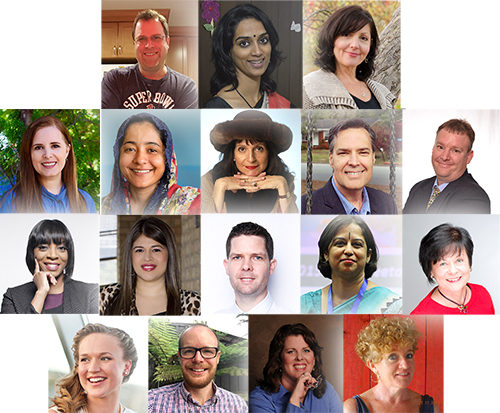
Warren Sparrow
Rashmi Kathuria, Maarit Rossi

Unitevi a me e leader di pensiero di fama mondiale tra cui Sir Michael Barber (Regno Unito), Dr. Michael Block (Stati Uniti), Dr. Leon Botstein (Stati Uniti), Il professor Argilla Christensen (Stati Uniti), Dr. Linda di Darling-Hammond (Stati Uniti), Dr. MadhavChavan (India), Il professor Michael Fullan (Canada), Il professor Howard Gardner (Stati Uniti), Il professor Andy Hargreaves (Stati Uniti), Il professor Yvonne Hellman (Paesi Bassi), Il professor Kristin Helstad (Norvegia), Jean Hendrickson (Stati Uniti), Il professor Rose Hipkins (Nuova Zelanda), Il professor Cornelia Hoogland (Canada), Onorevole Jeff Johnson (Canada), Sig.ra. Chantal Kaufmann (Belgio), Dr. EijaKauppinen (Finlandia), Sottosegretario di Stato TapioKosunen (Finlandia), Il professor Dominique Lafontaine (Belgio), Il professor Hugh Lauder (Regno Unito), Signore Ken Macdonald (Regno Unito), Il professor Geoff Masters (Australia), Il professor Barry McGaw (Australia), Shiv Nadar (India), Il professor R. Natarajan (India), Dr. PAK NG (Singapore), Dr. Denise Papa (Stati Uniti), Sridhar Rajagopalan (India), Dr. Diane Ravitch (Stati Uniti), Richard Wilson Riley (Stati Uniti), Sir Ken Robinson (Regno Unito), Professor Pasi Sahlberg (Finlandia), Il professor Manabu Sato (Giappone), Andreas Schleicher (PISA, OCSE), Dr. Anthony Seldon (Regno Unito), Dr. David Shaffer (Stati Uniti), Dr. Kirsten Immersive Are (Norvegia), Cancelliere Stephen Spahn (Stati Uniti), Yves Theze (LyceeFrancais Stati Uniti), Il professor Charles Ungerleider (Canada), Il professor Tony Wagner (Stati Uniti), Sir David Watson (Regno Unito), Professor Dylan Wiliam (Regno Unito), Dr. Mark Wormald (Regno Unito), Il professor Theo Wubbels (Paesi Bassi), Il professor Michael Young (Regno Unito), e il professor Zhang Minxuan (Porcellana) mentre esplorano le grandi questioni educative immagine che tutte le nazioni devono affrontare oggi.
Il Global Ricerca per l'Educazione della Comunità Pagina
C. M. Rubin è l'autore di due ampiamente lettura serie on-line per il quale ha ricevuto una 2011 Premio Upton Sinclair, “Il Global Ricerca per l'Educazione” e “Come faremo a Leggere?” Lei è anche l'autore di tre libri bestseller, Compreso The Real Alice in Wonderland, è l'editore di CMRubinWorld, ed è un disgregatore Foundation Fellow.
Segui C. M. Rubin su Twitter: www.twitter.com/@cmrubinworld

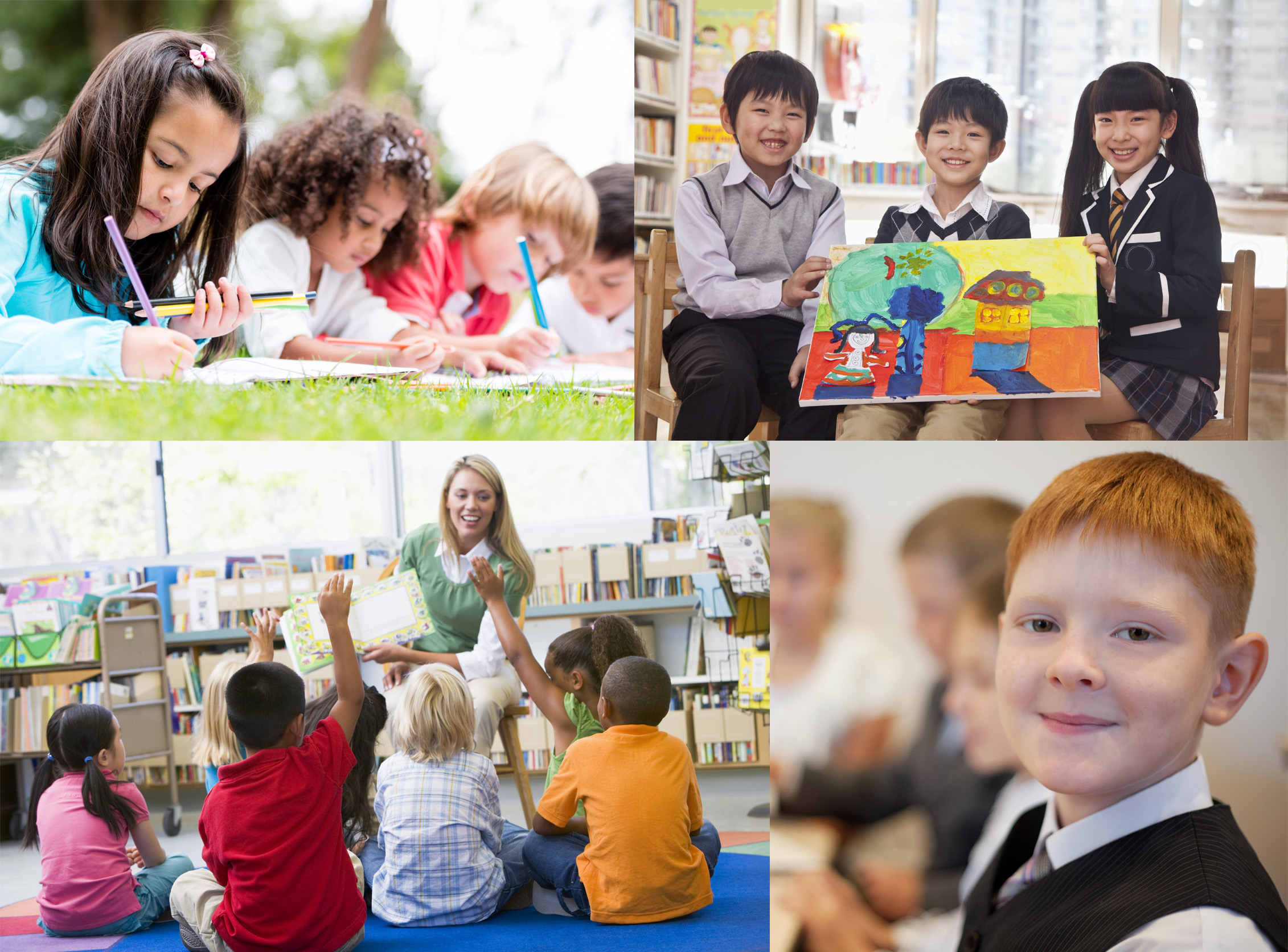
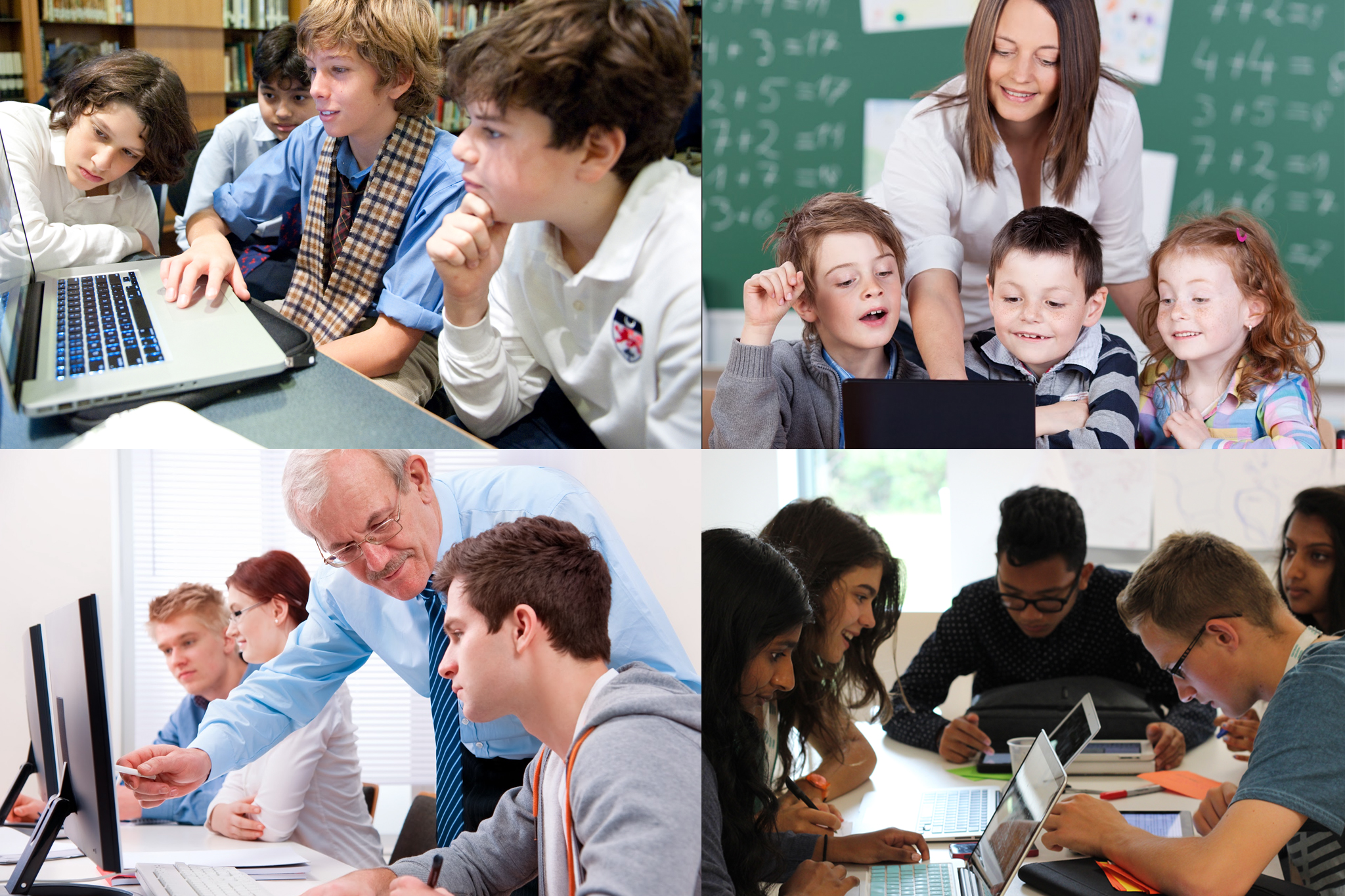
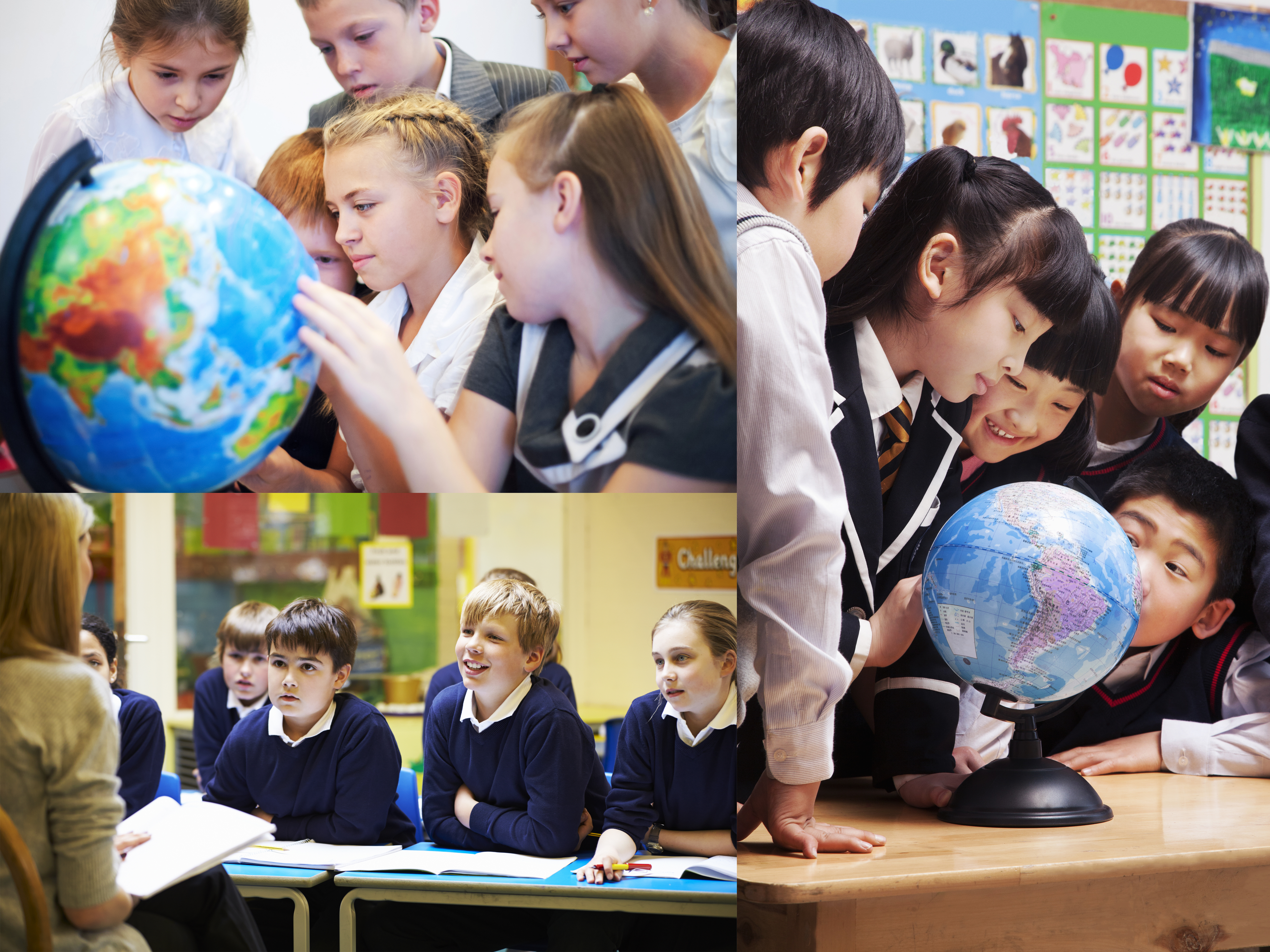

Commenti recenti